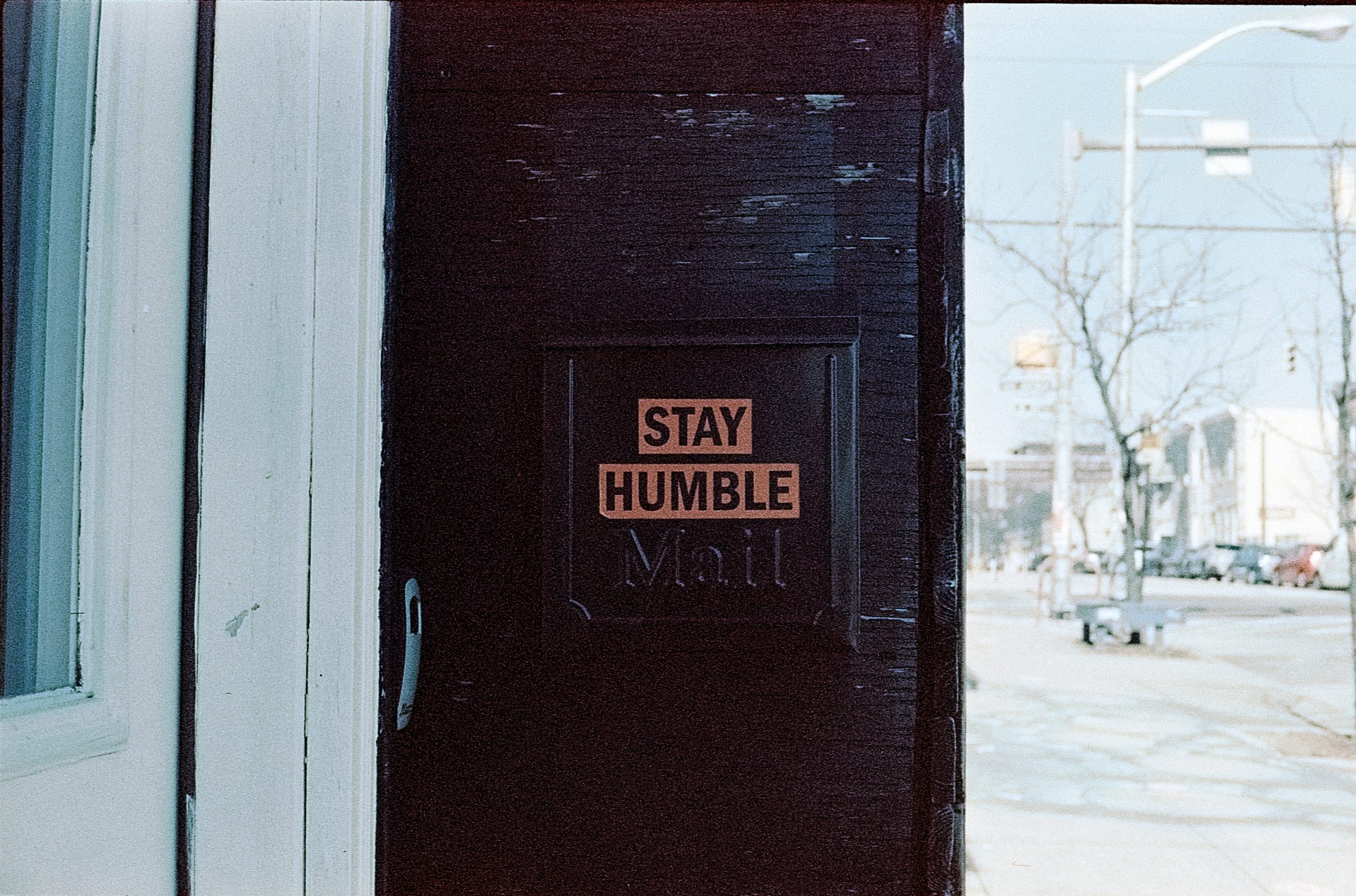I wrote a post the other day where I complained that the nature of academic racial language forces the conversations about race to be too self conscious. As an aside, I also mentioned that this same language is polarizing and alienating. Not that anyone asked, since no one ever leaves comments, but I thought I’d expand on that aside here.
In that other post, I already explained why I don’t like the term African American. Three other words that get used a lot are ally, gentrification and privilege. I have varying degrees of problems with all three of these. I’ll try to explain going from the least bad to the most bad.
When I hear the word ally the first thing I think of is World War II, the Allied Powers. From there I go to any kind of formal agreement of support between two or more parties. After that I think of video games, board games and bad reality TV shows. It’s not awful when I hear it in the context of minority issues, but I don’t like it. I think there are two reasons why I don’t like it. First, it sounds too formal. I want to see marriage equality, but I never signed any kind of accord with LGBT groups. I feel like more of a supporter or a well wisher than an ally. I was furious with the Supreme Court when they gutted the Voting Rights Act, but I didn’t hold a conference with the NAACP to decide on a proportionate response. When I write to my congress people or vote, I do so on my own, not as part of an alliance. If this were the only issue with the word, there would be a place for it. Members of one group could specifically ally with other groups. Perhaps an environmental group could become allied with a minority housing group.
The other issue I have with the word, in this context, is that it is divisive. There is the definite sense that if there are allies, there will also be enemies. While I know that is true in practice, it doesn’t have to be. Especially when it comes to race relations, the systematic nature of the problem means that it would still be a problem even without enemies. Talk of allies makes it sound like a zero sum game. If one side wins, the other has to lose and we all better hope we are allied with the right side. This isn’t a zero sum game, though. Equality, real genuine equality, benefits everyone. But it is hard to convince people of that if they are treated like enemies. Like I said, I don’t hate this word. It is at least understandable. But, I think we can do better.
Gentrification also bothers me for two reasons. The first is that it is not plain what it means. It just feels like the type of word people use to confuse other people or to make themselves feel superior. It feels empty, like business speak, “The gentrification creates synergistic opportunities to increase functionality outside of the box which will procure more low hanging fruit for our strategic partners.”
The other reason I don’t like gentrification is that it doesn’t mean what it should mean. I’m pretty sure the gentry were originally landed men who did not have to work because they made enough in rents. The meaning expanded over time to include anyone who didn’t have to work because of rents or investments or inheritance. Now we use the word gentrification to mean young white people moving into a minority urban area for the low cost of living. Their presence eventually raises the cost of living and forces the original residents out. I fail to see the connection. The young white people are not gentry; they work for their money. The gentry are not moving to poor urban areas. If anything, I think slum lords come closer to gentrification than hipsters since they live off of rent without doing any work. Maybe we should call it hip(ster) displacement. Silly joke aside, it would be clearer.
Privilege bothers me the most and again for two reasons. The first is that its common usage is just too different than its usage in a minority rights context. When most people talk about privileges, they mean something special that they get, but others don’t. Some privileges are earned, like an employee of the month getting the good parking spot. Others are not earned, like the child of an alumnus getting accepted despite a worse transcript than other applicants. But, earned or not, privileges are special. Breathing is not a privilege. Nor is speaking. Neither of these things are privileges because they are available to mostly everyone. I would go even further and say that they cannot be made into privileges. If I steal all the air and only give it to my friends and family, no one would say that I’ve made breathing a privilege. They would insist that breathing is not a privilege, it is a right, and I am a monster for depriving people of a right. There are many things that straight white men can do in America that are not easily done by minorities and women. But, saying that straight white men have privileges that others don’t is the wrong way to look at it. Those things should be available to all. Straight white men have spoils, not privileges.
The other reason I hate the word is it is alienating. The vast majority of straight white men certainly don’t feel privileged. They work too much if they are lucky enough to have a job. They are in debt. They are stressed and tired all the time. The last thing they want to hear about is their privilege. The only thing talk of privilege does is drive away potential allies (sorry, I meant to say supporters). It is counterproductive.
Keep in mind that I am not denying the existence of these problems. It is true that minorities are forced to relocate when white people take over a neighborhood. It is true that straight white men get things that minorities and women do not. I am only objecting to the way we talk about these problems. It is never helpful to be divisive, obscure or alienating. We need to find a language that is inclusive, clear and disarming.








